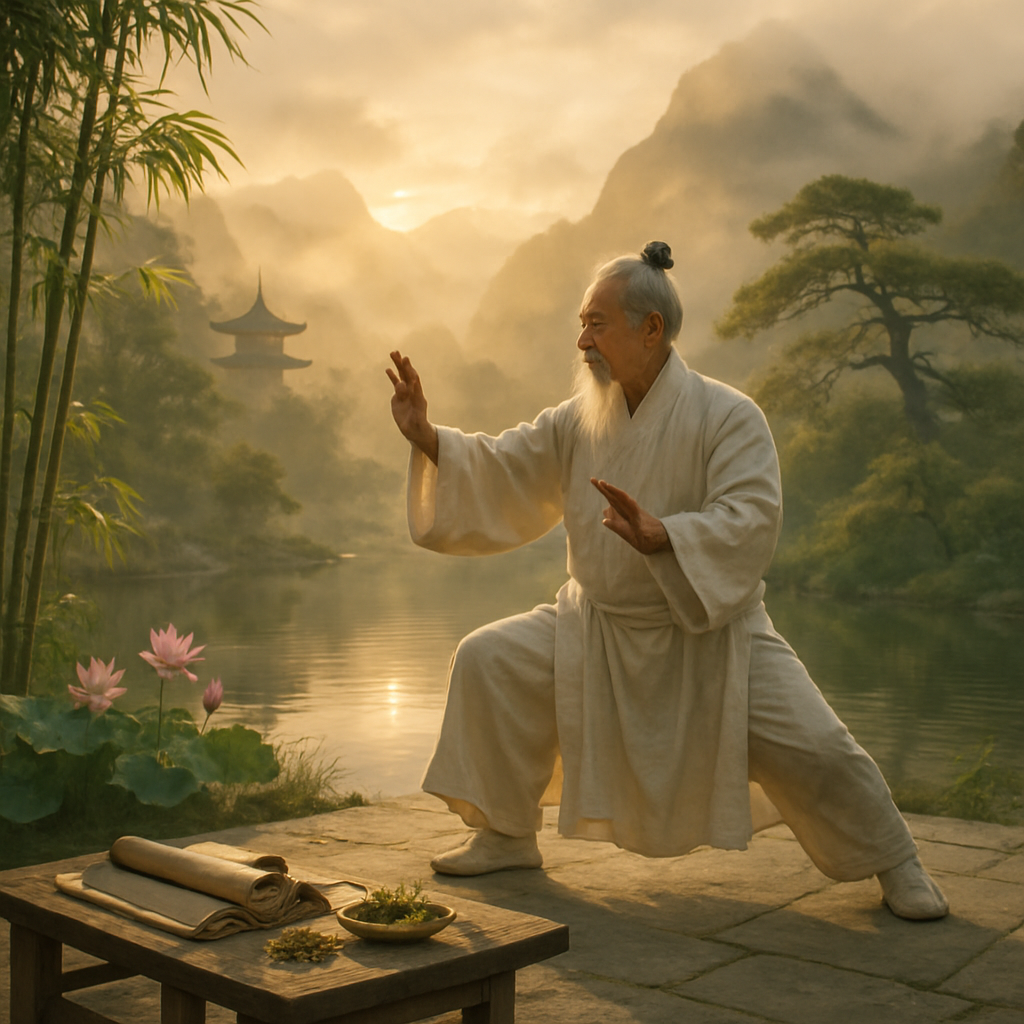The Influence of Taoism on Traditional Chinese Philosophy and Lifestyle
By Lukas Thiele • May 26, 2025
Introduction
Taoism, a philosophical and religious tradition that originated in ancient China, has profoundly influenced Chinese culture and thought. Rooted in the teachings of Laozi and the seminal text, the Tao Te Ching, Taoism emphasizes living in harmony with the Tao, the fundamental nature of the universe. This blog post explores how Taoism has shaped traditional Chinese philosophy and lifestyle, offering insights into its enduring legacy.

The Core Principles of Taoism
At the heart of Taoism lies the concept of 'Tao', often translated as 'the Way'. It signifies the natural order of the universe, urging individuals to align with it through simplicity, spontaneity, and humility. Taoism advocates the practice of 'wu wei', or non-action, which promotes effortless action in harmony with the flow of life. These principles have deeply influenced Chinese philosophical thought, encouraging a holistic view of life that values balance and tranquility.
Taoism in Traditional Chinese Lifestyle
Taoism's impact extends beyond philosophy into everyday life, permeating various aspects of Chinese culture. Traditional Chinese medicine, for example, is grounded in Taoist principles, emphasizing balance and the body's natural ability to heal. In art and literature, Taoist themes of nature and harmony are prevalent, reflecting the belief in living in accordance with the Tao. Additionally, practices like Tai Chi and Qigong, which focus on cultivating life energy, are rooted in Taoist traditions, promoting physical and spiritual well-being.
Conclusion
